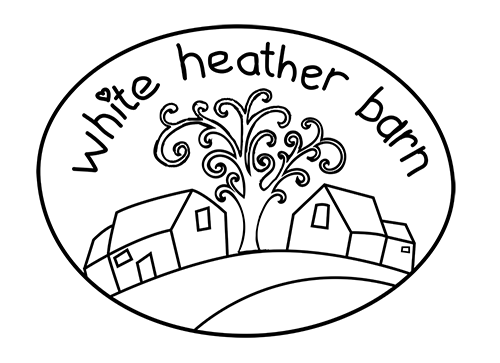VAT
/We've been trying to get our heads around the VAT situation regarding our conversion. Having read through HMRC's 'VAT Notice 708:building and construction' document a few times (!), I felt reasonably confident that we could work out how the VAT would work for our own house. However, the VAT treatment for the property that we are going to sell and the one we intend to rent just wasn't clear, so we thought we had better seek professional advice. This proved to be a really good move as it highlighted the different VAT/income tax/capital gains tax pitfalls that we might fall into if we don't record everything properly from the beginning. A summary of the meeting is below, although this is what we thought that he said and may not be absolutely correct!
· As we are converting barns to create three properties we need to separate out all costs per property. This includes all VATable and non VATable invoices.
o DIY house
o House to sell
o House to rent
· The building contractor will charge 5% VAT for conversion regardless of whether we are going to live in one, sell one or rent one.
· If we buy anything for our own house and we are charged standard rate VAT (20%), we can claim back 15% when the building is signed off.
· We need to be VAT registered (as a partnership) for the house we are going to sell and then we can claim back ALL VAT at 3 monthly intervals. We have to state to HMRC which building we are going to sell. This is because when we sell the house it is considered to be a new house which is zero rated VAT. If we sell the property part converted, it will be zero rated up to that point, but any costs subsequently incurred by the new owner will be subject to at least 5% VAT.
· When we sell the property we can offset the costs of developing the property against the sale price for income tax or capital gains tax purposes
· For our rental property we can’t claim back any VAT for invoices that have been charged at standard rate VAT. The building contractor will charge 5% VAT for the conversion – we don’t need to pay any more if this is the VAT charged. If we decide to sell the property in the future, it would then become subject to zero rate VAT for the sale but we can’t claim back any VAT paid out at the time of development eg 5% charged by building contractor or any invoices charged at standard rate. The development costs will be offset against the sale price for capital gains tax or income tax purposes.
· If rented property is successfully let as a holiday rental (available for 210 days, let for 105 or more) then capital gains tax is 10% when sold, as opposed to 28% (higher rate tax) or 18% (lower rate tax) for normal rented property.












